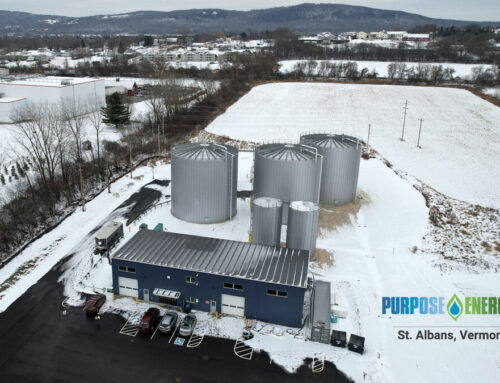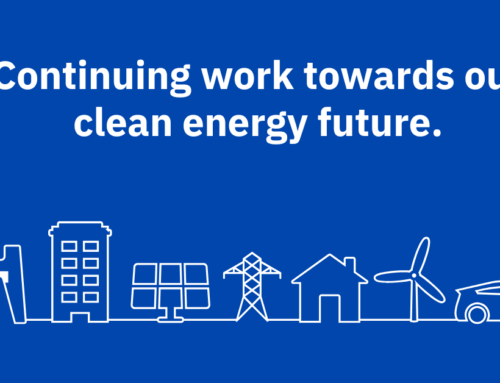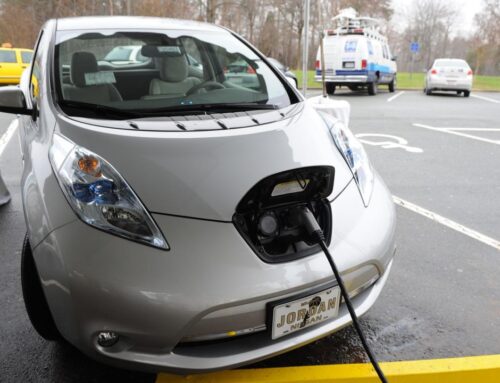Global Giants Power Asia’s Renewable Energy Leap, Finds RE100 Report
May 28, 2025
Asia is rapidly cementing its position at the epicenter of the global energy transition, with world-leading corporations significantly scaling up their use of renewable electricity across the region. According to RE100’s latest annual report, member companies—committed to switching to 100% renewable electricity—have recorded notable progress in key Asian markets, including Vietnam, India, and China.
The report reveals that over half of the electricity used by RE100 members in China now comes from renewable sources, marking a rise from 50% to 59% year-on-year. Similarly, substantial increases were observed in other Asian countries: India jumped from 23% to 39%, Vietnam from 30% to 51%, Japan from 25% to 36%, and South Korea from 9% to 12%. This trend contrasts with North America, where renewables usage dropped slightly from 66% to 65%, and Europe, which remained steady at 83%.
Asia’s Strategic Role in the Energy Transition
Long known as the world’s manufacturing hub, Asia has traditionally lagged behind in renewable energy adoption due to underdeveloped markets and infrastructure. Despite these challenges, the report underscores a pivotal shift, as more corporations demand clean energy to power their operations. Encouragingly, nine of the ten largest new RE100 signatories in 2024 are headquartered in Asia, underscoring a regional surge in corporate climate ambition.
Ollie Wilson, Head of RE100 at Climate Group, commented on the findings: “It’s incredibly encouraging to see Asian companies tapping into the enormous potential of renewable power and driving the global energy transition. Their demand is sparking a response from governments, unlocking yet more renewable electricity supply for these companies.”
Wilson also emphasized the economic opportunity tied to renewables, urging swift policy action: “If policymakers can work fast to remove the barriers that hamper the affordability and accessibility of renewables for corporates, it increases their competitiveness. They’ll attract significant private investment in their country’s energy transition and economy, becoming global green economic powerhouses.”
Barriers to Progress and Market Challenges
Despite this momentum, companies continue to face significant barriers. According to RE100 members, the top three global obstacles to renewable electricity procurement are high costs, limited supply, and insufficient procurement options. The report identifies Asia as the most challenging region, with South Korea ranked as the most difficult market for renewable energy sourcing.
RE100 is actively addressing these barriers through localized policy advocacy. In South Korea, its collaboration with the Korea Energy Agency has led to improvements in the Green Premiums program, including enhanced transparency. Similarly, in China, RE100 supported the alignment of the country’s Green Electricity Certificates (GECs) with international standards, making it easier for both Chinese and international companies to verify their renewable electricity usage.
A Global Shift in Corporate Energy Strategy
Andrew Glumac, Head of Energy at CDP, framed Asia as the new focal point for renewable growth: “Asia is emerging as the next frontier for renewables growth. While established markets in North America and Europe continue to perform strongly, this report provides further evidence to support a shift in focus among some of the world’s biggest brands.”
Glumac concluded with a call to action: “RE100 members are increasingly expanding operations across Asia and looking to source clean electricity. But this doesn’t come without its challenges and unlocking an earth-positive future requires urgent action. Policymakers need to move quickly to ease purchasing pain points and create the conditions to build out much greater renewables capacity at speed.”
As the global spotlight turns eastward, RE100’s findings affirm that the decisions made by governments and companies in Asia over the coming years will have profound implications for the planet’s clean energy future.
Search
RECENT PRESS RELEASES
Related Post






